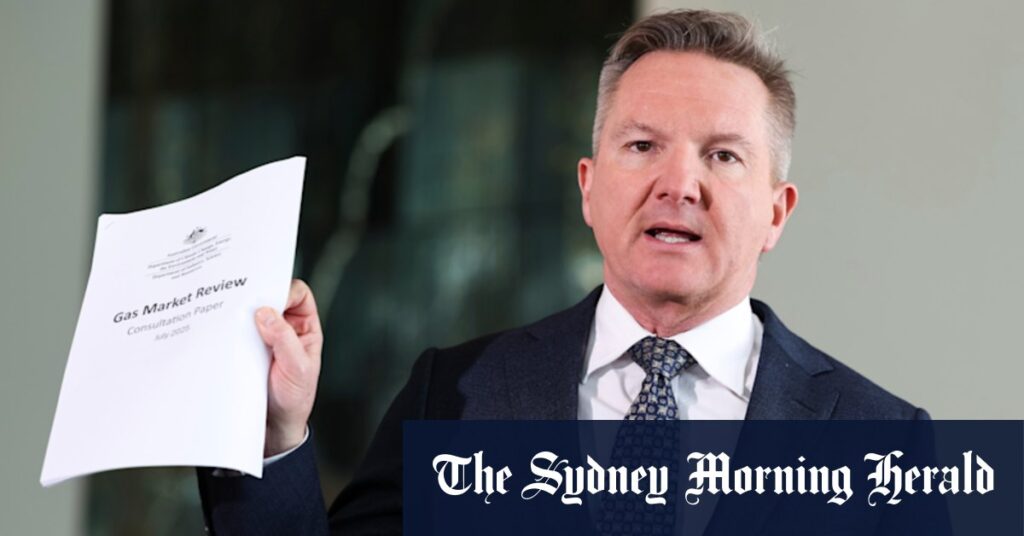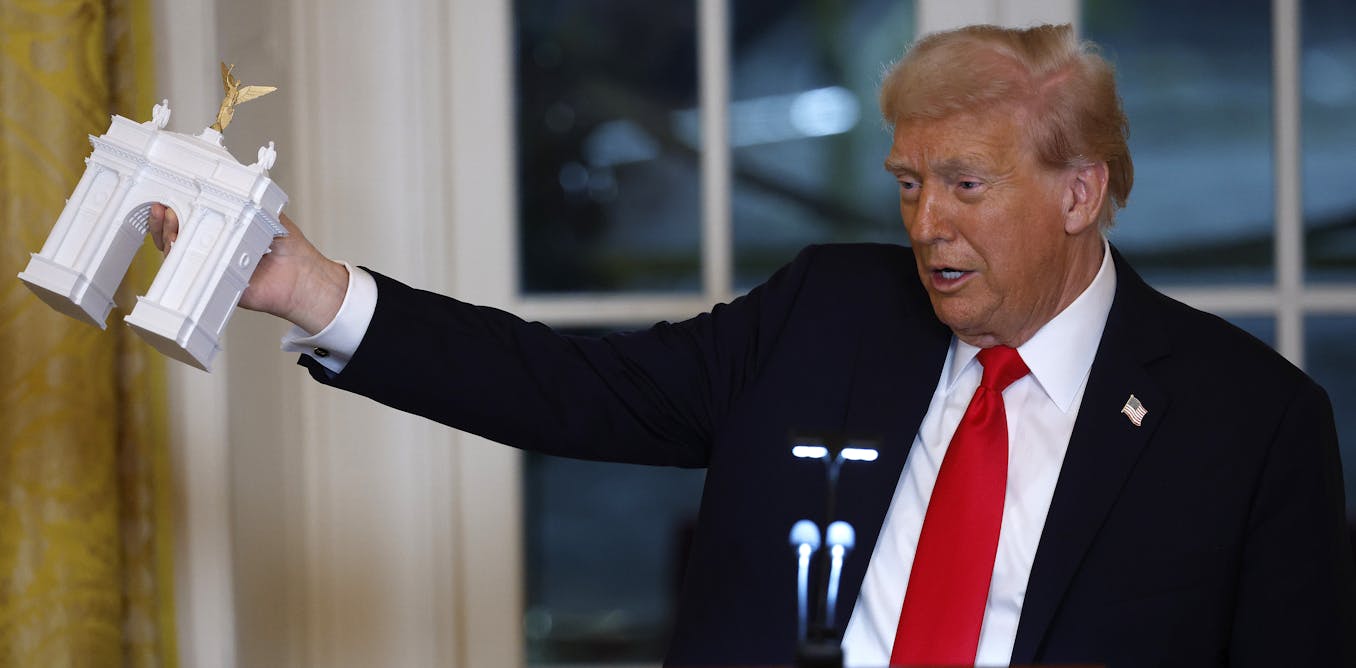
East coast gas producers in Australia may soon face an unprecedented reservation scheme aimed at bolstering critical fuel supplies. The Albanese government has announced this potential measure as the Australian Competition and Consumer Commission (ACCC) warns that the eastern states could encounter a gas shortfall by the end of the year.
On Monday, Energy Minister Chris Bowen revealed a comprehensive review of the gas market, set to report its findings by the end of the year. The review’s objective is to “ensure Australian gas is available to Australian users at reasonable prices,” Bowen stated.
“That’s a reasonable request by the Australian people and one that we will continue to work to deliver,” Bowen emphasized, highlighting the government’s commitment to securing domestic energy supplies.
Background on the Gas Market Review
The announcement comes amid growing concerns over energy security in Australia. The ACCC has flagged potential shortages, which could impact both consumers and industries reliant on gas. The proposed reservation scheme would ensure a portion of gas produced is retained for domestic use, rather than being exported.
This move represents a significant shift in policy, as Australia has traditionally been a major exporter of liquefied natural gas (LNG). The country’s vast reserves have largely been directed overseas, contributing to its status as one of the world’s leading LNG exporters.
Industry Reactions and Political Context
The energy sector has reacted with caution to the proposed changes. Former opposition leader Peter Dutton previously shocked the industry with a similar proposal before the May election. His plan involved imposing a reservation on LNG exporters, requiring them to prioritize the domestic market over international contracts.
While some industry players express concern over potential impacts on export revenues, others acknowledge the necessity of securing domestic energy supplies. The balance between maintaining Australia’s export strength and ensuring local availability remains a contentious issue.
Expert Opinions and Historical Comparisons
Experts in the energy field have weighed in on the proposal. Dr. Jane Smith, an energy economist, noted that “Australia’s reliance on gas exports has always been a double-edged sword.” She explained that while exports drive economic growth, they can also lead to domestic shortages if not managed carefully.
Historically, other countries have implemented similar reservation schemes with varying degrees of success. For instance, the United States has long maintained a focus on energy independence, which has influenced its domestic energy policies.
Future Implications and Next Steps
As the review progresses, stakeholders across the energy sector will be closely monitoring developments. The potential implementation of a reservation scheme could reshape the landscape of Australia’s gas market, influencing both domestic and international dynamics.
Meanwhile, the government faces the challenge of balancing economic interests with the need to ensure energy security for its citizens. The outcome of the review will likely have significant implications for Australia’s energy policy moving forward.
According to sources within the government, the review will consider a range of factors, including market dynamics, consumer needs, and international obligations. The findings will guide future policy decisions, with a focus on achieving a sustainable and secure energy future for Australia.






